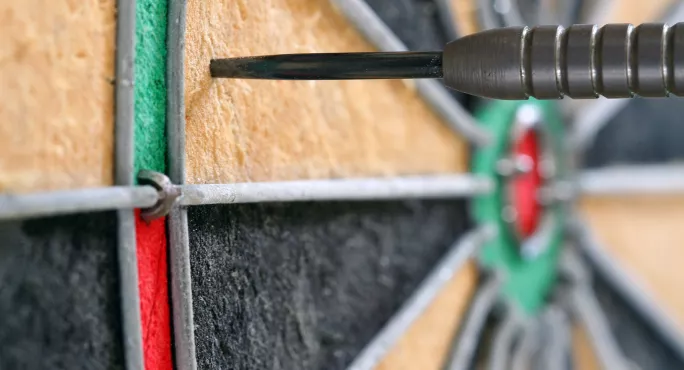In recent years, the Scottish government has promoted “excellence, equity and empowerment” in education. Yesterday, the system failed in all three when national “exam” results were published.
When coronavirus struck, schools were shut down and exams cancelled. One could compare those measures to the businesses across the country that have had to adapt and evolve to survive, and the families who have done the same during this crisis. We teach our students to be determined, problem-solve and persevere.
And yet, a year of questionably robust datasets for Scottish education will suit some, but certainly not our young people. It seems unfathomable that alternative assessment approaches were not thought of or implemented.
SQA exams results day 2020: Poorest far more likely to have Higher pass downgraded
See how SQA results day panned out: Live blog
‘Exam results’ in the Covid era: ‘Sense of injustice on whole other level’
Other countries have postponed or adapted exams. In warmer climes, some held exams on sports pitches or proceeded with appropriate safeguards in place. In Scotland, we could have, for example, provided “discovery learning” tasks for students to undertake, allowing them to demonstrate their knowledge, understanding, skills and attributes.
Sadly, our young people did not have any chance to show their talents this year. Senior students were left rudderless for over four months, their results based on work done before then and the statistical history of their school. Does this reflect excellence in education? A quarter of teacher estimate grades submitted were changed by the Scottish Qualifications Authority (SQA), and over 90 per cent of those changes reduced student grades.
Another pillar of Scottish education policy, equity, was also shaken to its foundations yesterday when it was found that “marking down” was more prevalent in lower SIMD (Scottish Index of Multiple Deprivation) schools.
One wonders how an education system so committed to equity could allow that to happen. Consider the £9 million set aside for 25,000 laptops to ensure equitable access for learners. Well into July, it was reported that no student had accessed those laptops.
In recent months, our national education bodies could have been flipping the crisis to bring about much-needed changes. Advances in online learning and assessment could have been achieved, helping restore confidence in our education system. Sadly age-old, ineffective power balances in education have been re-asserted.
Command-and-control models have built upon the guiding pillars of excellence, equity or empowerment. What poor examples have been set to our young people: when the going gets tough, simply cancel things, and when there is a glaring inequity, plough on regardless.
My estimated grades for Scottish education - in excellence, equity and empowerment - are a straightforward three fails.
Neil McLennan is a senior education lecturer and director of leadership programmes at the University of Aberdeen, and a former history teacher



